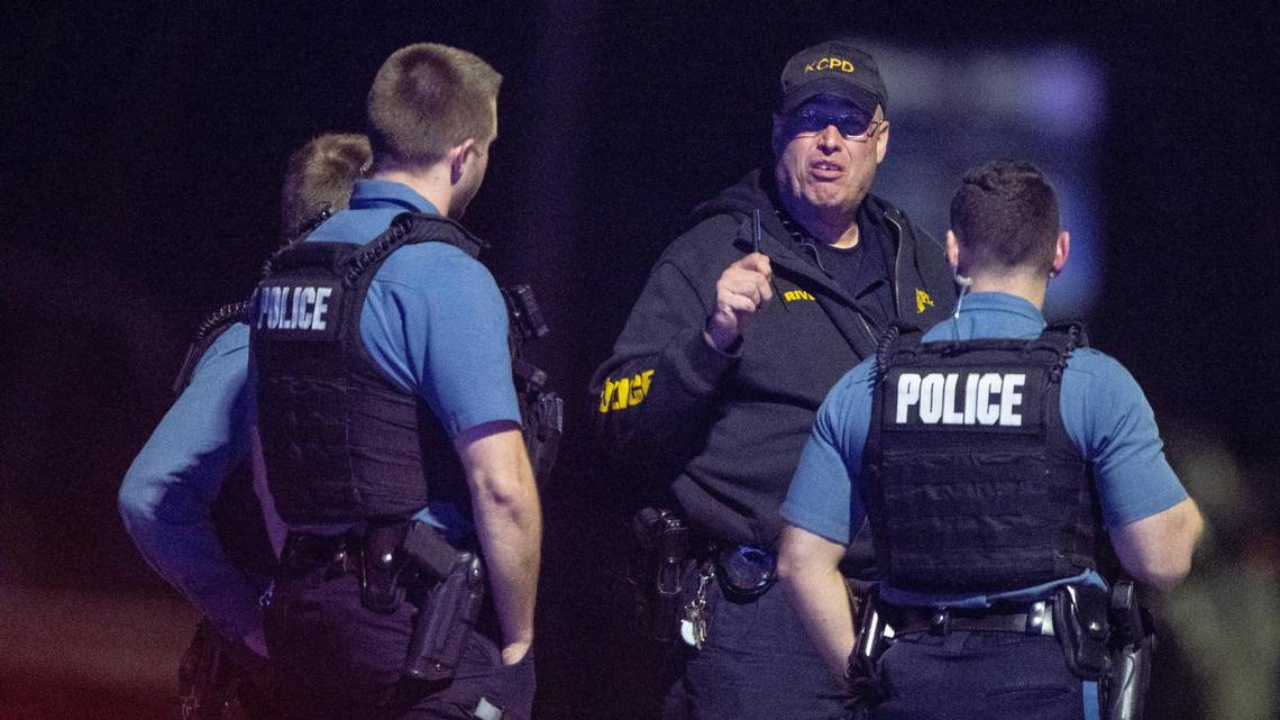The Missouri State Highway Patrol recently issued an important advisory about seven new laws that are now officially in effect. These laws impact areas like traffic violations, firearm use, and child safety.
The Missouri State Highway Patrol goal is to raise awareness, as some of the changes directly affect the penalties for certain actions. Let’s break down the key changes, summarized from Senate Bill 754, which everyone in Missouri should be aware of.
No Warrants for Traffic Infractions
One of the major changes in the law is related to traffic infractions. Now, courts will no longer issue arrest warrants for traffic tickets. However, this does not mean people are off the hook.
If someone doesn’t appear for their scheduled court dates (there are three set), the court will issue a default penalty. This is an important change as it removes the threat of arrest but still holds violators accountable.
Endangering the Welfare of a Child
Another significant update is in the area of child welfare. The new law adds a section stating that a person commits the offense of endangering the welfare of a child in the first degree if they knowingly encourage or cause a child under the age of 17 to engage in certain illegal actions.
This law is aimed at providing additional protections for minors and is a crucial step toward preventing exploitation or harm to children.
Stricter Penalties for Firearm Discharge
Reckless discharge of firearms in cities or municipalities now carries harsher penalties. In Missouri, some individuals have fired guns into the sky to celebrate, but now, the penalties for such actions have become more severe.
The new law states that the first offense will result in a class A misdemeanor. For a second offense, it will be classified as a class E felony, and if a person is caught a third time, they will face a class D felony. This change aims to reduce the risks associated with uncontrolled firearm use.
Valentine’s Law: Serious Consequences for Fleeing
Another key change, referred to as “Valentine’s Law,” increases punishments for people who flee from police. If someone tries to flee from law enforcement and causes a dangerous situation, the penalties are as follows:
- If the person operates their vehicle recklessly, they face a class D felony.
- If their actions cause physical injury to another person, the offense is raised to a class B felony.
- If someone dies because of the flight, the offender faces a class A felony.
This law is designed to discourage high-speed chases that can endanger public safety and law enforcement officers alike.
Max’s Law: Protecting Law Enforcement Animals
Max’s Law is another important addition, aimed at protecting law enforcement animals. If someone harms or tries to harm an animal while it is on duty, they will face increased penalties. If the animal is not seriously hurt, it is a class A misdemeanor.
If the animal requires veterinary care, it becomes a class E felony, and if the animal dies as a result of the attack, it will result in a class D felony. This law ensures that those who harm service animals face significant legal consequences.
Delivery of Controlled Substances
The new laws also focus on drug-related offenses. One law target those who deliver controlled substances mixed with other drugs, leading to serious physical injury. The offense is now classified as a class C felony.
Additionally, if the delivery of a controlled substance leads to someone’s death, the person responsible will face a class A felony charge. These measures are intended to crack down on drug dealers who knowingly distribute dangerous substances.
Related News:
- More Safeguards For Native American Children In The State Welfare System Are Advocated By A Kansas Lawmaker
- Ohio’s Law Enforcement Pathway Program Suspended Amidst Uncertainty
What These Changes Mean for You
With these new laws, the Missouri government is sending a strong message about public safety, especially regarding traffic violations, child welfare, firearms, and drug offenses.
It’s essential for residents to understand these changes to avoid serious legal consequences.

